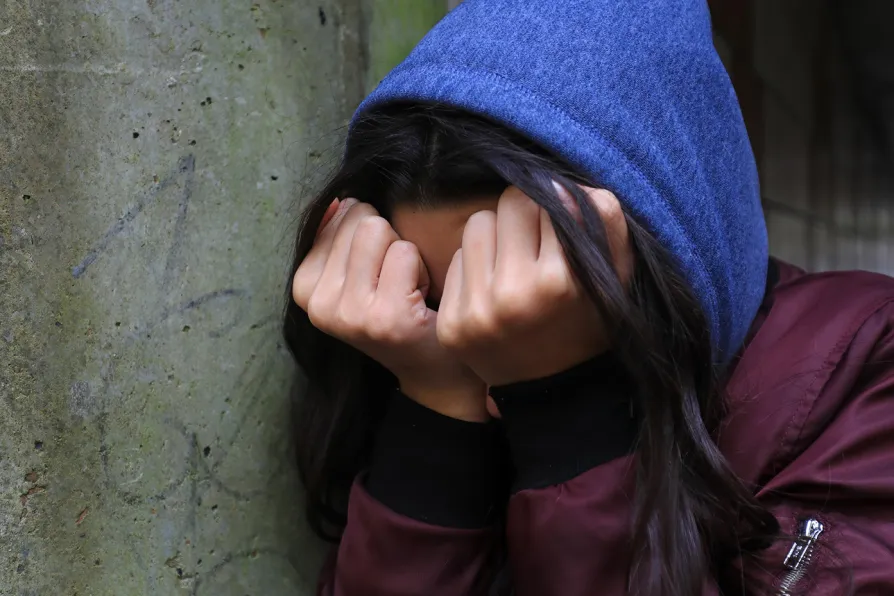As tens of thousands return to the streets for the first national Palestine march of 2026, this movement refuses to be sidelined or silenced, says PETER LEARY


MANY of us enjoy the holiday festivities, but for some, this time of year only brings extra stress, exacerbating problems like depression.
For those living in poverty, the pressure can be especially intense, especially for families who endure a daily struggle to put food on the table, as well as those who are already marginalised.
According to the National Institute for Health and Care Excellence, 7.8 per cent of people in Britain currently meet the criteria for an official medical diagnosis of anxiety and depression, while 4-10 per cent of people in England will experience a depressive episode at least once in their lifetime.

Plans to delay access to the universal credit health element until age 22 have triggered fierce opposition from disabled people’s groups, who warn it would deepen poverty and entrench discrimination against young disabled people under the guise of ‘encouraging work.’ DYLAN MURPHY reports

Our housing crisis isn’t an accident – it’s class war, trapping millions in poverty while landlords and billionaires profit. To solve it, we need comprehensive transformation, not mere tokenistic reform, writes BECK ROBERTSON












